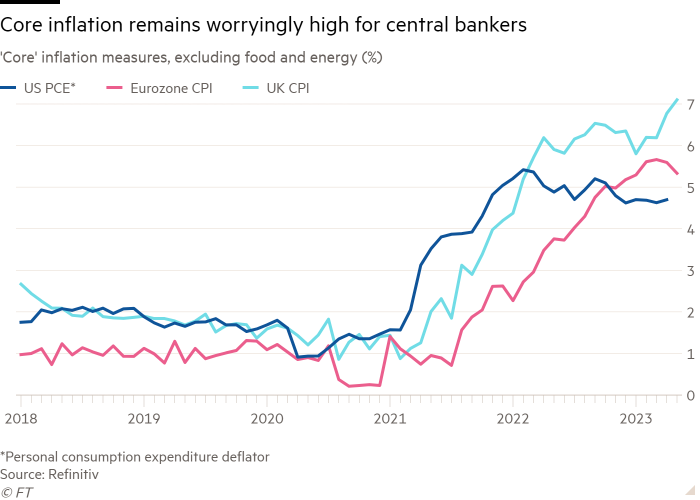Goodnight.
It would have been interesting to know if you think we should go back to having large council housing estates and whether they'd work second time round.
It would have been interesting to know if you think we should go back to having large council housing estates and whether they'd work second time round.


